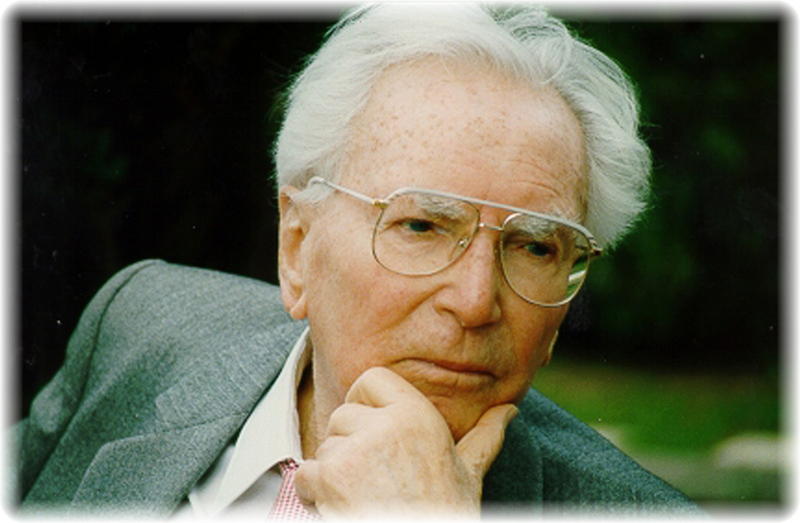“Those who are not looking for happiness are the most likely to find it, because those who are searching forget that the surest way to be happy is to seek happiness for others.”
– Martin Luther King, Jr., Civil Rights Leader
 Image from Flickr by mikebaird.
Image from Flickr by mikebaird.
“Life, liberty and the pursuit of happiness” is a well-known phrase in the United States Declaration of Independence.
King is suggesting here that perhaps the people who drafted this famous document had it somewhat wrong and that searching for happiness for others is the key to discovering it for ourselves.
Exercise:
How can you seek and support the happiness of others in your personal and professional life?
Consider taking a Post-it® note with the phrase “make their day” on it, and placing it somewhere visible in your office or home as a reminder. I bet your efforts will make your day as well.









